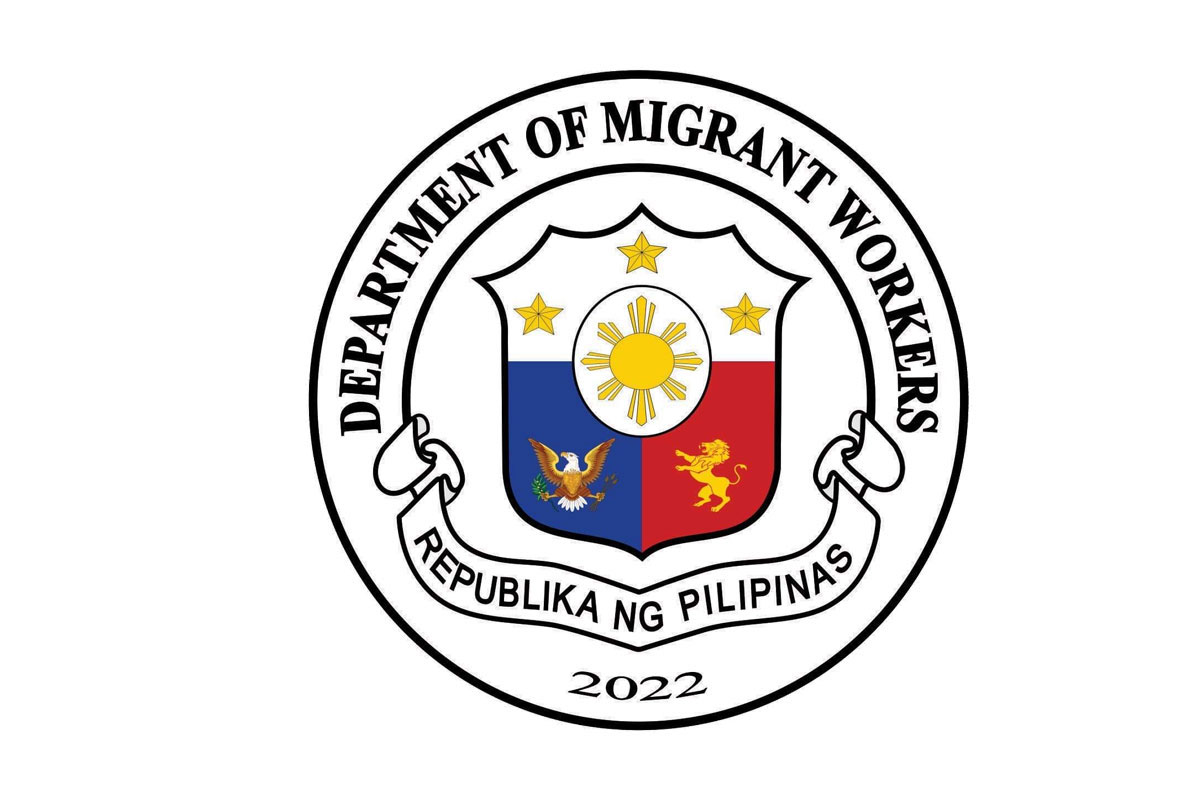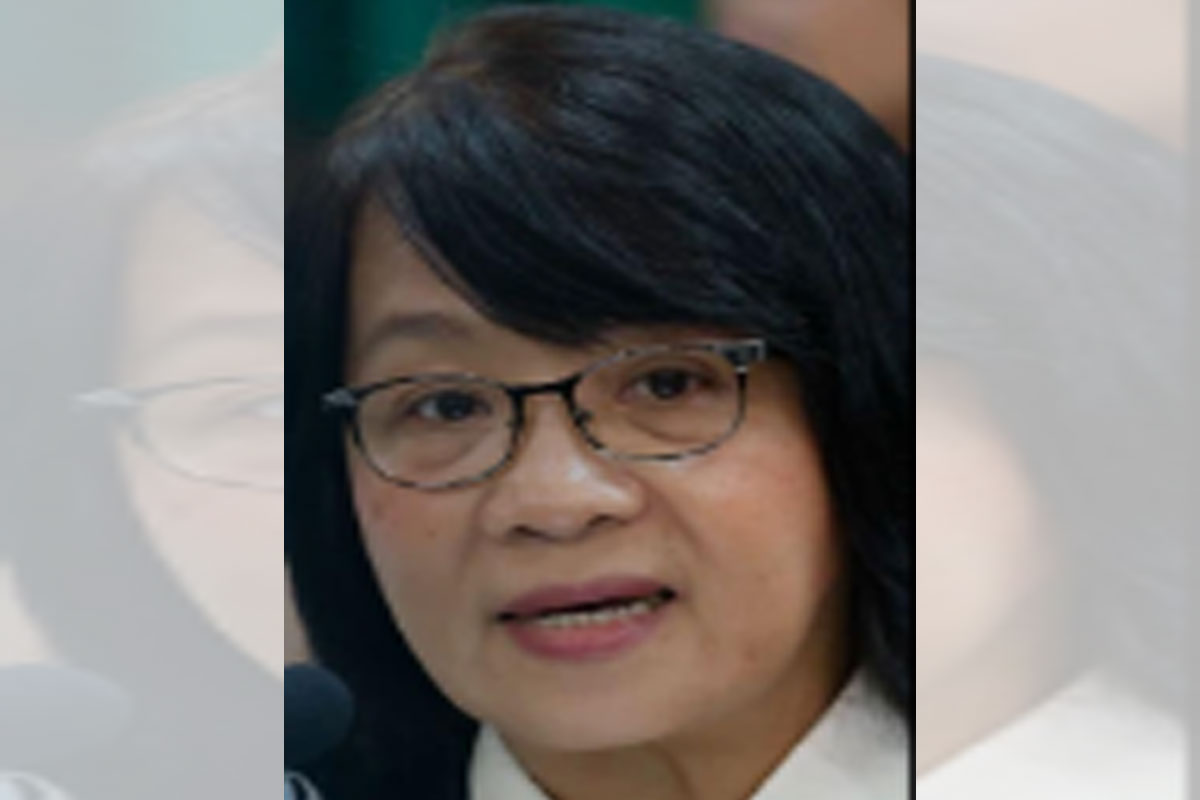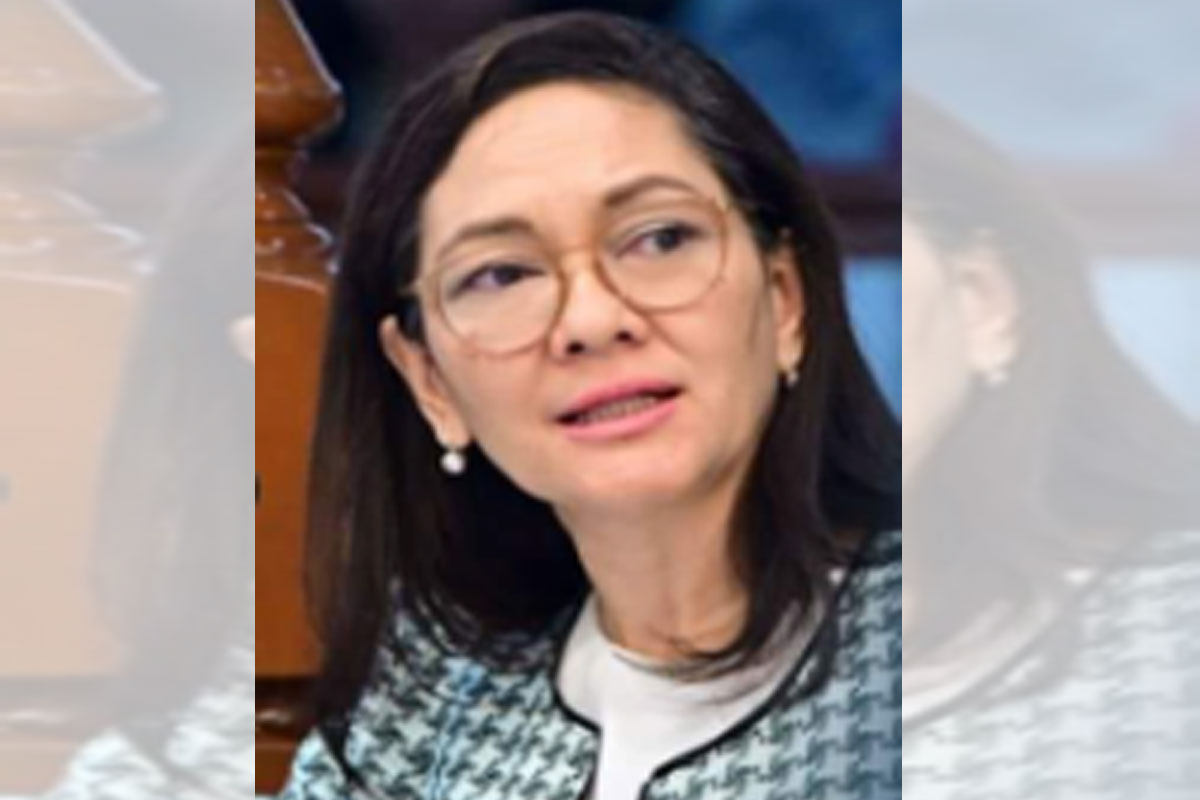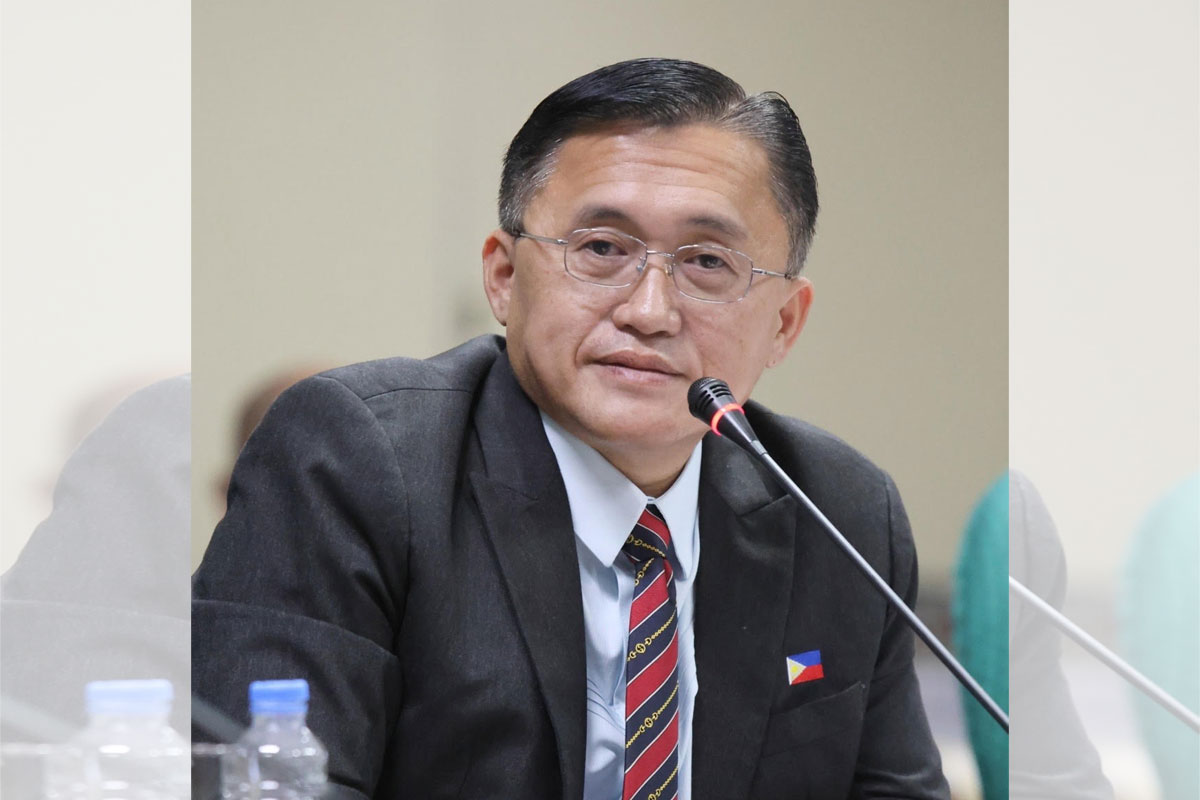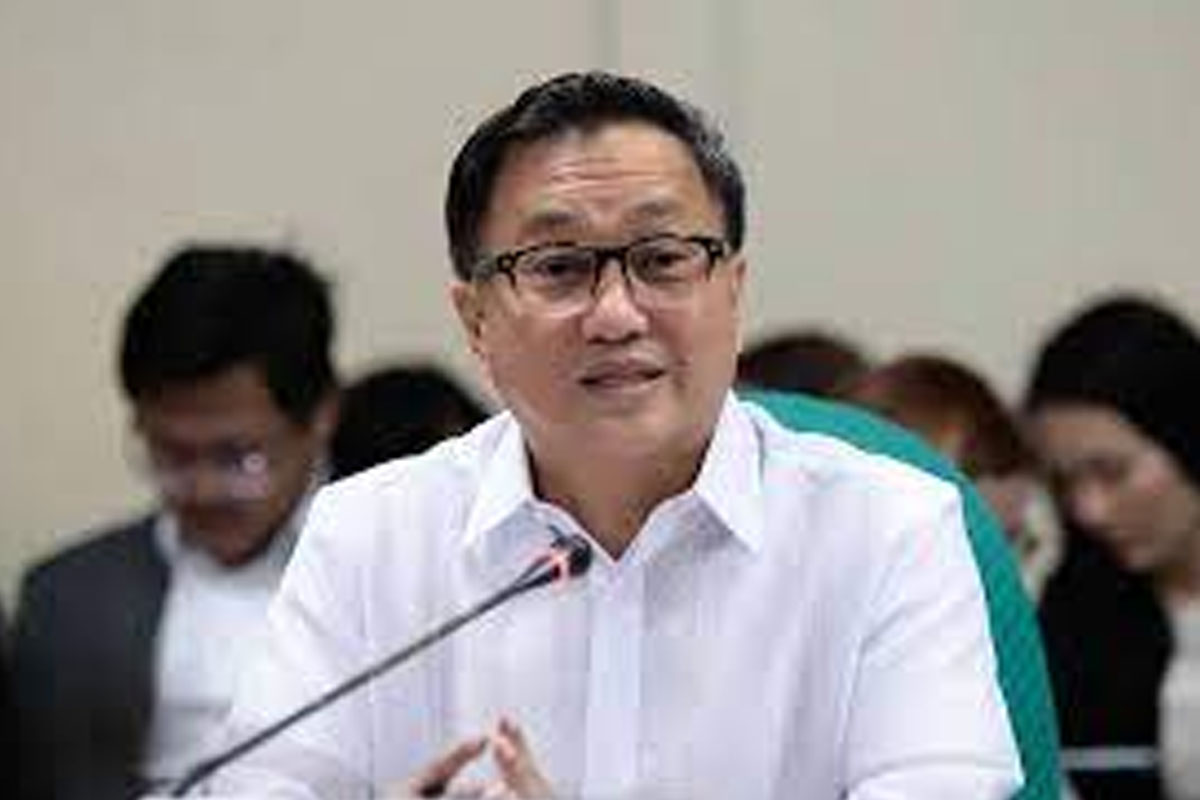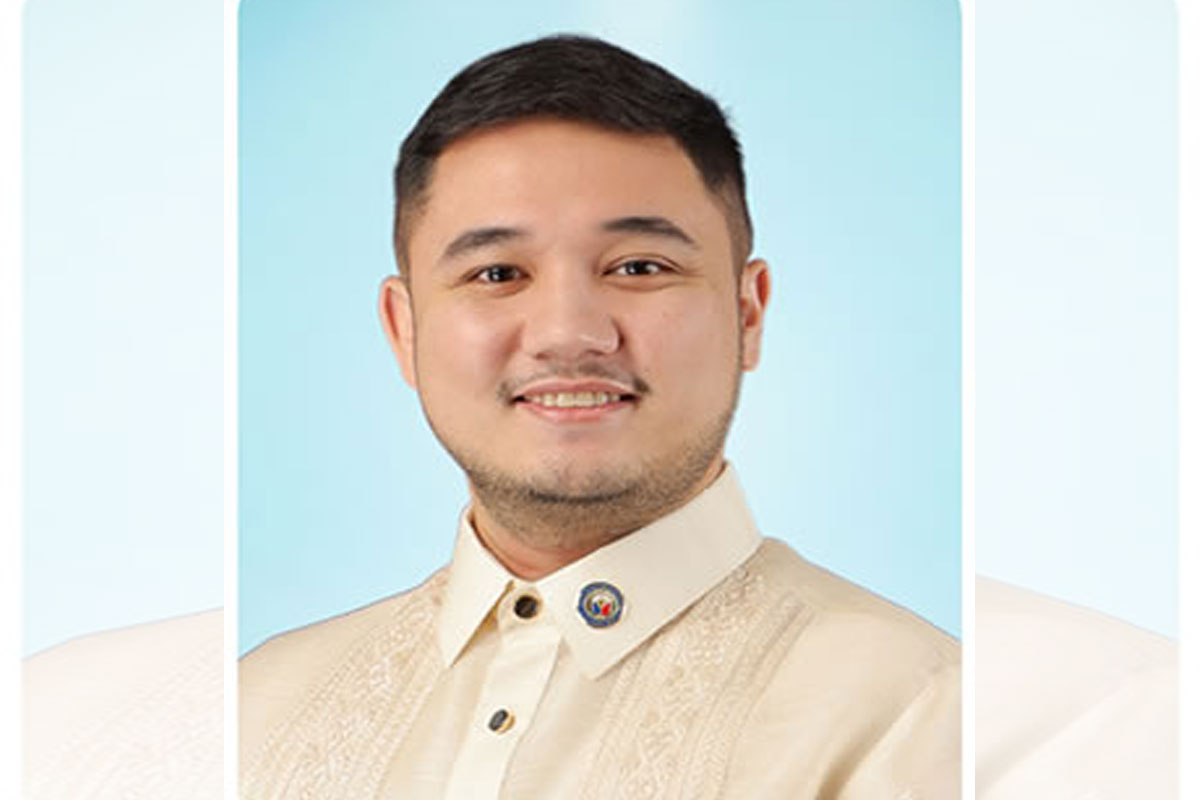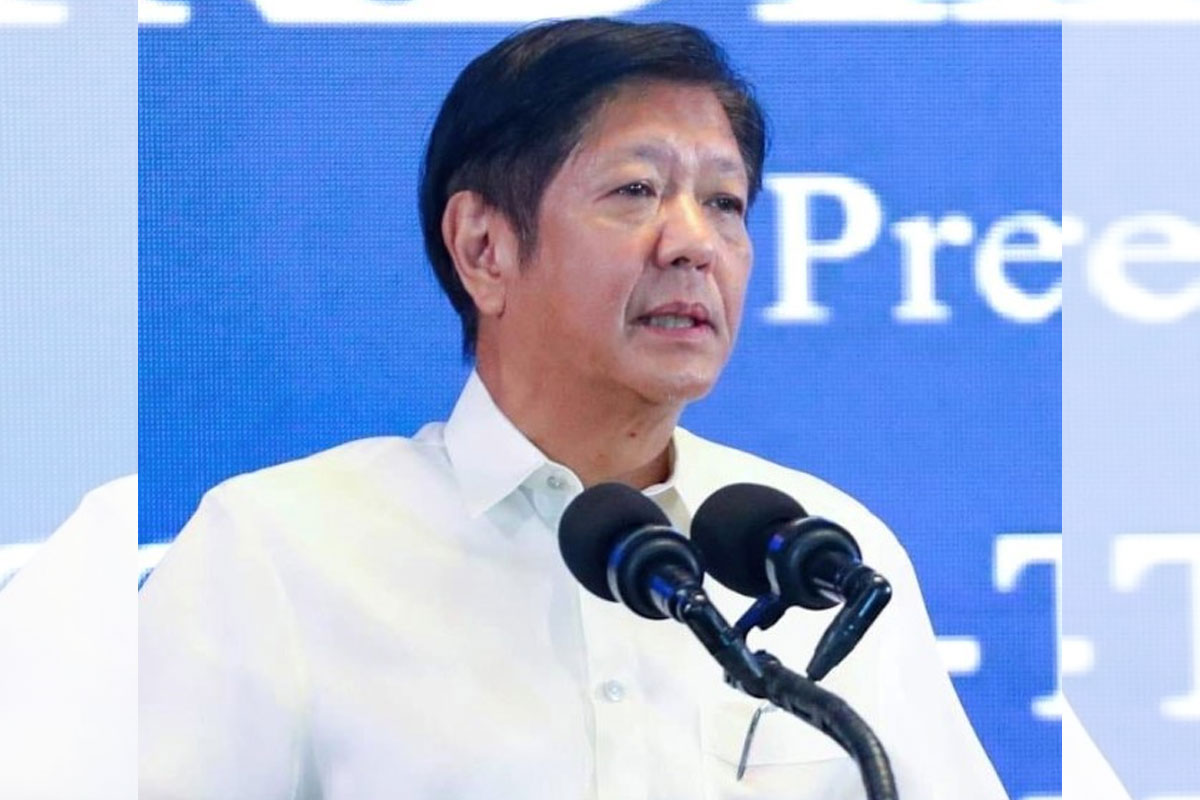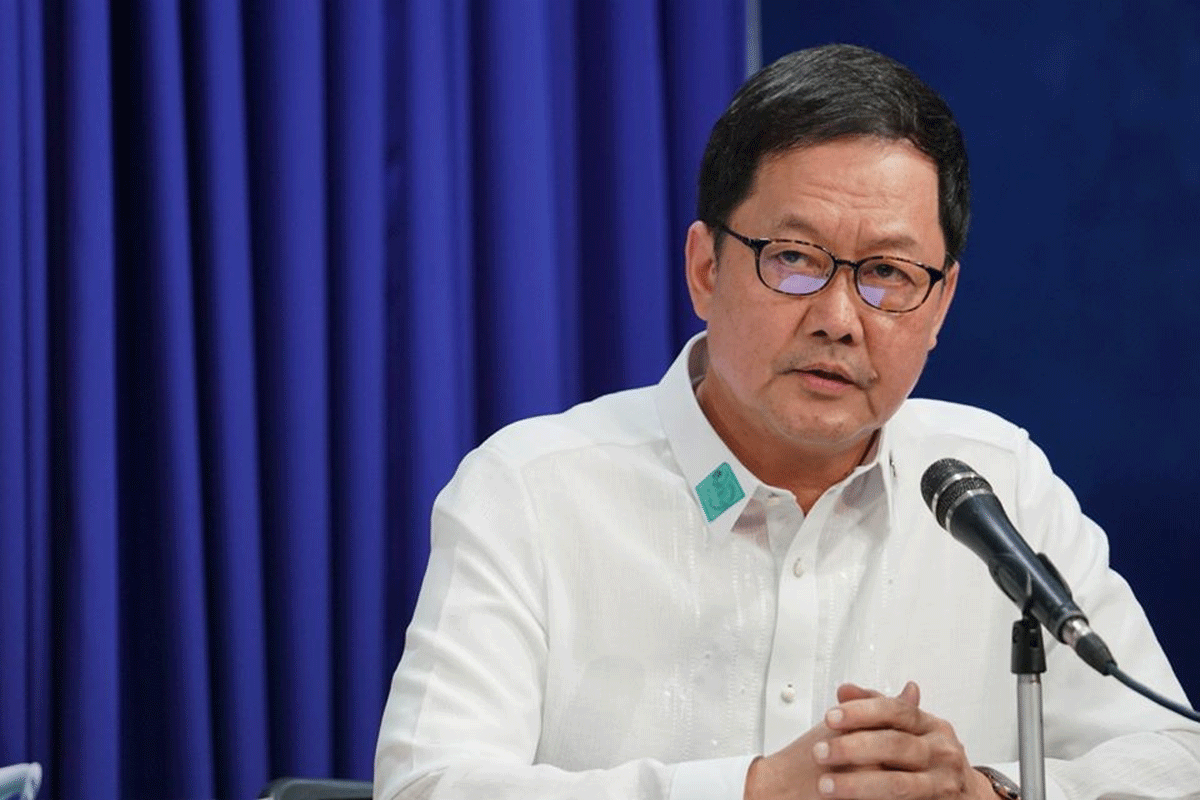
DRUG WAR INQUIRY
WHILE the Philippine government has no legal duty to cooperate with the International Criminal Court (ICC) probe into the previous administration’s bloody war on drugs, it won’t prevent ICC prosecutors from conducting their investigation here in the Philippines and fulfilling their responsibilities.
Solicitor General Menardo Guevarra conveyed this information to the House Committees on Justice and Human Rights, which proceeded with its inquiry and ultimately adopted the consolidated resolution urging the government to cooperate with the ICC investigation.
“We will not cooperate, but ICC investigators are free to come and do their job here,” Guevarra said in response to questions by lawmakers.
Commission on Human Rights (CHR) Commissioner Fayda M. Dumarpa, on the other hand, expressed that the CHR was “more than willing to coordinate” if the ICC needs its cooperation.
“We are an independent constitutionally created Commission for the promotion and protection of human rights, therefore we may and we’ll be happy to cooperate if the ICC deems fit that they need assistance from the [CHR],” Dumarpa stressed.
Meanwhile, Prosecutor Hazel Decena Valdez of the Department of Justice and Director Janice Sanchez Rivera of the Department of Foreign Affairs said their agencies will defer to the position of President Ferdinand “Bongbong” R. Marcos Jr. on the matter.
“I believe, your honor, that we have to defer to the order of our principal. In this instance, it’s the President of the Philippines,” Valdez said.
“Whatever the decision of the President, the (DFA) will support it,” Rivera added.
The Philippine National Police —through its Deputy Director PBGen. Rodolfo Castil Jr.— said it will “just submit to the position of the President as head of the Executive Department to which PNP is under and also with the SILG (Secretary of the Interior and Local Government).”
In the initial phase of the hearing, Guevarra stated that the decision to cooperate with the ICC investigation ultimately lies with President Marcos.
“Your resolutions urge the President to cooperate. So the final say of whether the government will cooperate will be at the President,” Guevarra said.
“I believe that the matter of whether we should cooperate with the ICC prosecutor is a political decision. And in that respect, the Head of the Republic, the Head of State,” he said.
Meanwhile, Manila 6th District Rep. Bienvenido Abante Jr. insisted that the resolutions urging government cooperation with the ICC probe are rooted in principles such as the rule of law, exacting accountability, and ensuring justice for the poor, rather than being centered on personalities.
As the chair of the human rights panel, Abante collaborated with 1-Rider Party-list Rep. Ramon Rodrigo Gutierrez to author HR 1477, urging the relevant Philippine government and agencies to “extend full cooperation” to ICC prosecutor Karim Khan in his investigation of the drug war.
According to Abante, HR 1477 reflects the country’s commitment to upholding the rule of law, which is a fundamental pillar of democracy.
By cooperating with the [ICC], even after our withdrawal from the Rome Statute, we demonstrate that no one is above the law, and we are accountable for our actions. This resolution is about principles, not personalities. And the rule of law is a sacrosanct principle,” Abante said.
Acknowledging the disproportionate impact of the war on drugs on vulnerable segments, particularly the poor, Abante said cooperation with the ICC sends a powerful message that “justice is blind and applies to all, irrespective of socioeconomic status.”
Abante said despite withdrawing from the Rome Statute, cooperating with the ICC for crimes that occurred during membership demonstrates a commitment to global accountability and preventing impunity.
Meanwhile, the three House resolutions calling on the Philippine government to cooperate with the ICC investigation on the Duterte administration’s war on drugs, have been adopted by two committees.
Members of the House Committee on Justice and on Human Rights unanimously voted to adopt the resolutions filed by Manila Rep. Bienvenido Abante Jr. and 1-Rider Party-list Rep. Ramon Gutierrez; Albay Rep. Edcel Lagman and the Makabayan bloc.
Following the adoption, after four hours of public hearing, Lagman suggested to the panels to coordinate with Senator Risa Hontiveros, who filed the same resolution for the Senate, to come up with a concurrent resolution that do not require the President’s signature.
It can be recalled that during the term of former President Rodrigo Duterte, the anti-illegal drugs operations turned bloody and reportedly violated several human rights.
More than 7,000 people were killed in Duterte’s war on drugs.
In 2019, the Philippines, under Duterte, withdrew from the Rome Statute, the treaty that established the ICC, after the tribunal began a preliminary probe into his administration’s drug war, followed by the launch of a formal inquiry later that year.
“By cooperating with the [ICC], even after our withdrawal from the Rome Statute, we demonstrate that no one is above the law, and we are accountable for our actions. This resolution is about principles, not personalities. And the rule of law is a sacrosanct principle,” Abante said.
Acknowledging the disproportionate impact of the war on drugs on vulnerable segments, particularly the poor, Abante said cooperation with the ICC sends a powerful message that “justice is blind and applies to all, irrespective of socioeconomic status.”
Abante said despite withdrawing from the Rome Statute, cooperating with the ICC for crimes that occurred during membership demonstrates a commitment to global accountability and preventing impunity. With Jester Manalastas




